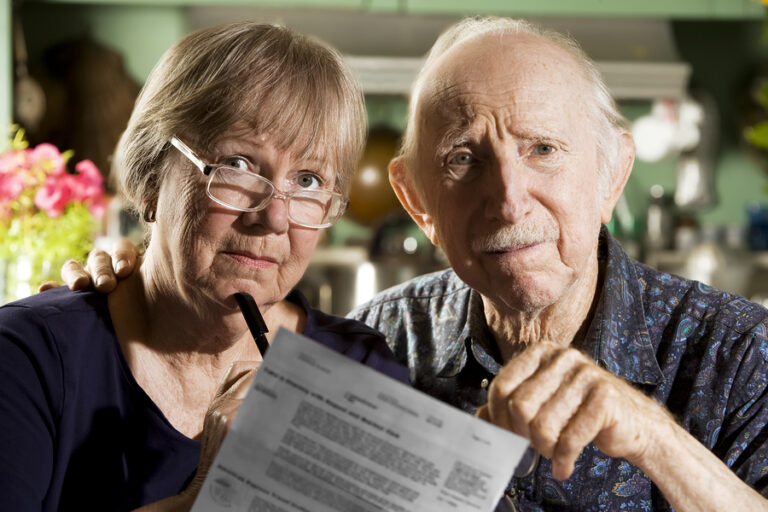

Market Realist’s recent article entitled “What Happens to Credit Card Debt When You Die?” says that the short answer is that the deceased’s estate pays off any credit cards they have left behind. Credit card and other debts can pass on to others in some cases, which is a big reason why estate planning is so important.
When a person dies, their assets are frozen until his or her will is verified, their obligations are settled and their beneficiaries are identified in the probate process.
Then, the state will order that the deceased’s remaining assets (such as leftover cash and property with cash value) be used to pay off the credit card. However, retirement accounts, eligible brokerage accounts, and life insurance payouts are usually protected from this debt reconciliation. Once the debts are settled, the beneficiaries get their inheritance.
The obligations are paid off until they’re all settled, or until the estate runs out of money. Unsecured debts, like credit cards, are usually paid off after secured debts, administrative fees and attorney fees.
There are some circumstances in which another person is legally obligated to pay the deceased’s debt.
Typically, no one is legally required to pay off a deceased individual’s debts, but there are some exceptions:
In addition, surviving spouses may be required to use community property to pay their deceased spouse’s debt in certain states.
The community property states are Arizona, California, Idaho, Louisiana, Nevada, New Mexico, Texas, Washington, and Wisconsin. Alaska would also be included in this list, if a special agreement is in place.
If there was no joint account, co-signer, or other exception, only the estate of the deceased person owes.
Reference: Market Realist (Feb. 11, 2021) “What Happens to Credit Card Debt When You Die?”
The 15 minute initial phone call is designed as a simple way for you to get to know us, and for our team to learn more about your unique estate planning needs.

